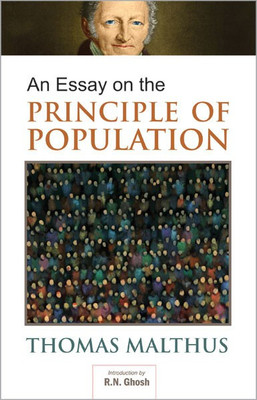An Essay on the Principle of Population(English, Hardcover, Malthus Thomas)
Quick Overview
Product Price Comparison
MalthusŌĆÖs famous An Essay on the Principle of Population was first published in 1798. The book had six editions till 1826, and in each edition Malthus made changes to his original idea. From a pessimist par excellence in 1798, he mellowed into a realist in successive editions. But he continued to argue that population had a tendency to outstrip the supply of food necessary for its survival, and that it could be held in check either through positive checks such as famines and wars or through preventive checks such as contraception and moral restraint. He was always opposed to contraception but gave his support to moral restraint which involved, among other things, late marriages, celibacy and voluntary sexual control within wedlock. MalthusŌĆÖs theory is based on two assumptions: (1) That food is necessary to the existence of humans; this is a natural law. (2) That the passion between man and woman is natural; this is a biological law. Malthus noted an incompatibility between the physical law and the biological law and argued that, in the absence of checks to population growth, population would always have a tendency to grow faster than the supply of food necessary for its subsistence. He went on to say that population, when its growth is unchecked, increases in a geometrical progression, such as 1, 2, 4, 8, 16, 32, and so on, in each successive generation.


